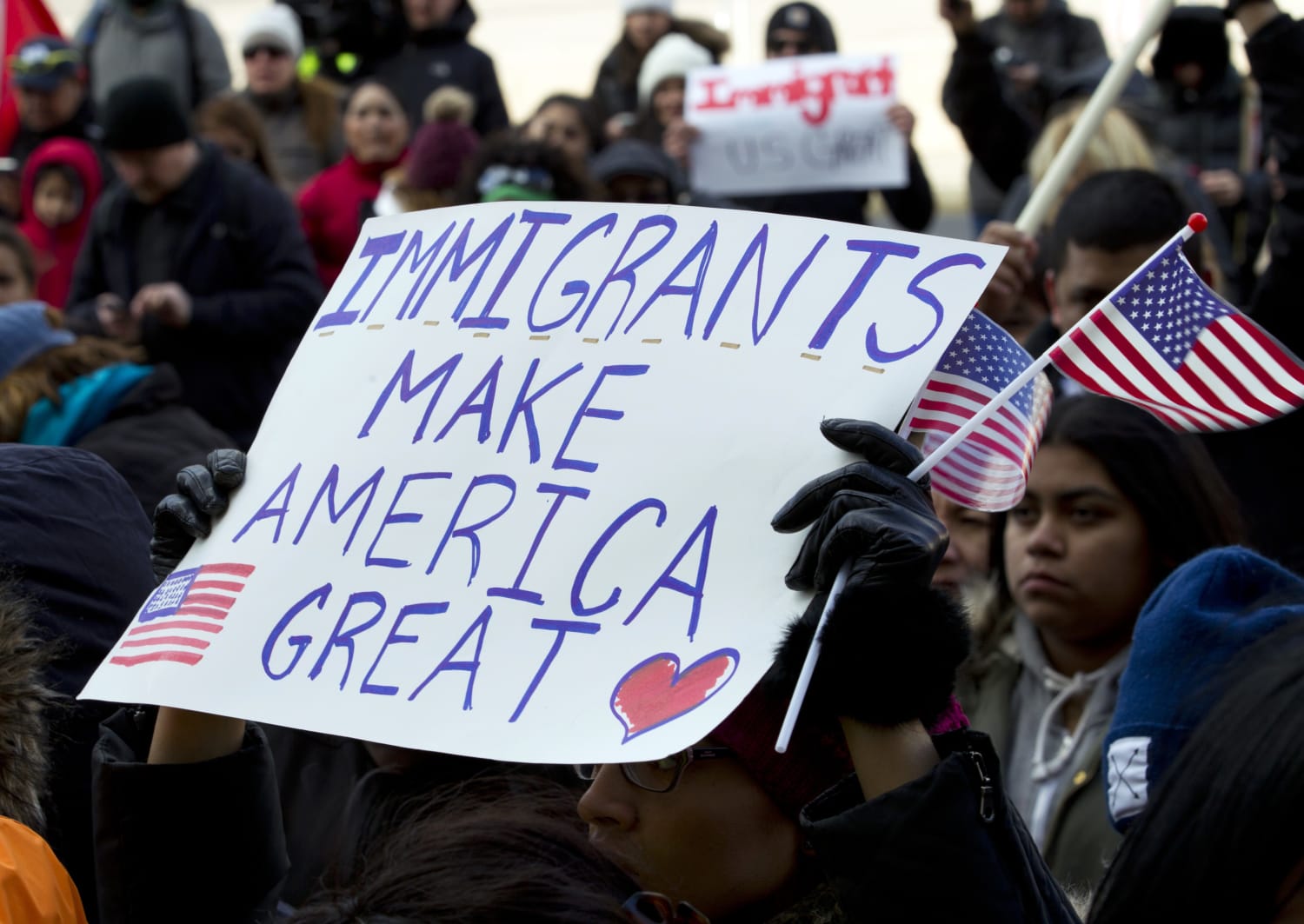
protest in the U.S.
resulting from the new
immigrant laws

In the film, othering happens in a quite positive way as Elliot befriends E.T. despite their differences. In real life, this othering is often used to exclude and discriminate (Brons, 2025; Zimmerman, 2002). A striking example is the current political climate in America.
Donald Trump’s 2025 inaugural speech (U.S. Embassy in Canberra, 2025) reinforces a strong “us” versus “other” narrative. He praises US citizens who obey the law, while labelling outsiders as threats. Statements like “We will not be conquered” and “There is no nation like our nation” create a clear divide between those who belong, and those who do not. Trump in his speech does not explicitly call a group of people the “others”, but it broadly included immigrants, critics, and non-citizens. This also translates into policy. Trump has pushed to curb immigration and expand American influence in Canda, the Panama Canal, and Greenland (Sheerin, 2025). Here, othering is used not for reflection, like in the film about E.T., but to justify exclusion and nationalistic policies.
In the film about E.T. othering is used to foster empathy. It challenges audiences to see beyond differences and embrace the unfamiliar. As we reflect on the film 40 years later, perhaps its greatest lesson is that othering doesn’t have to divide, it can also bring us together.